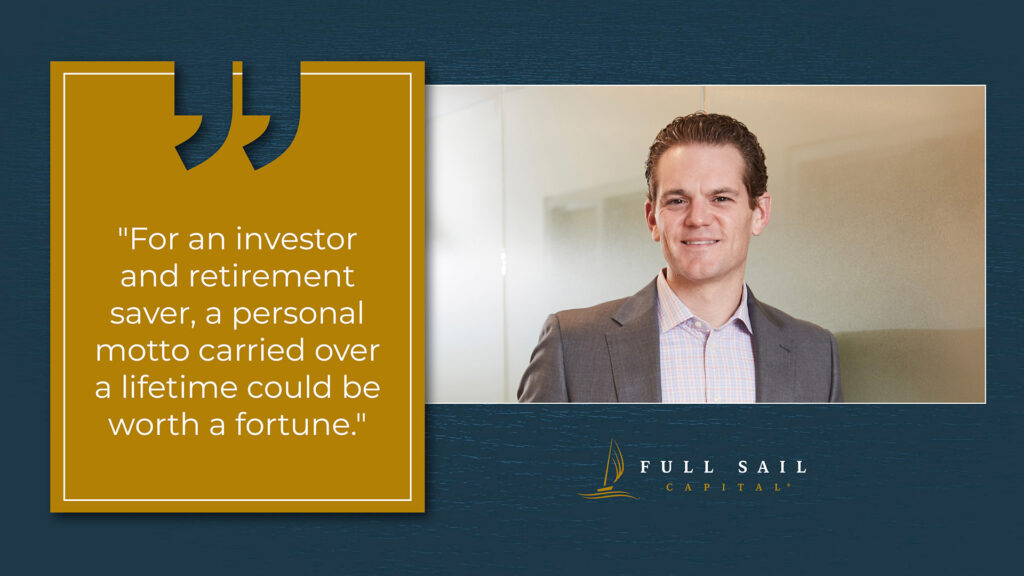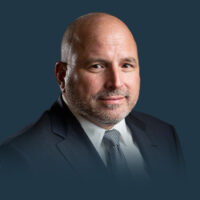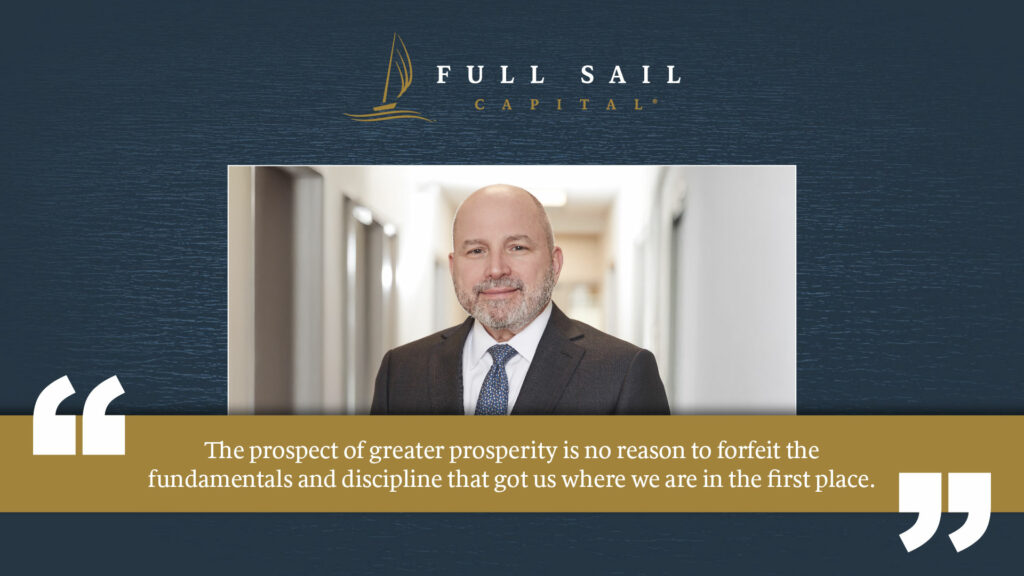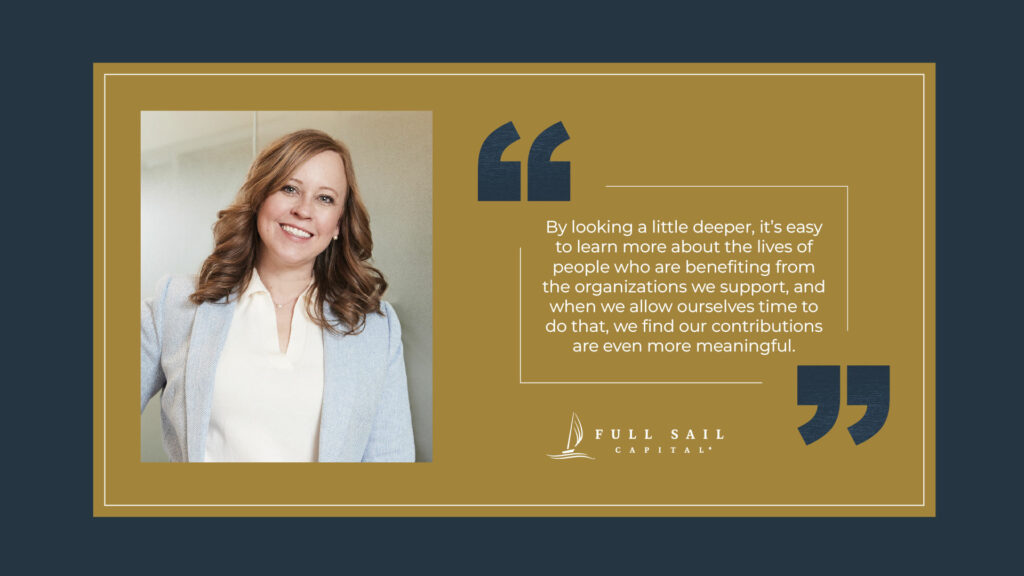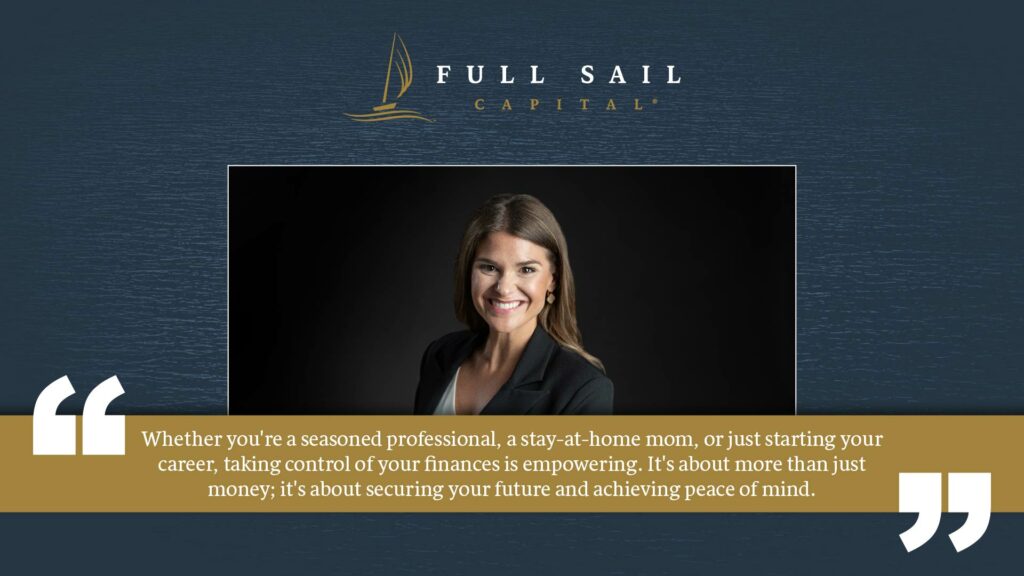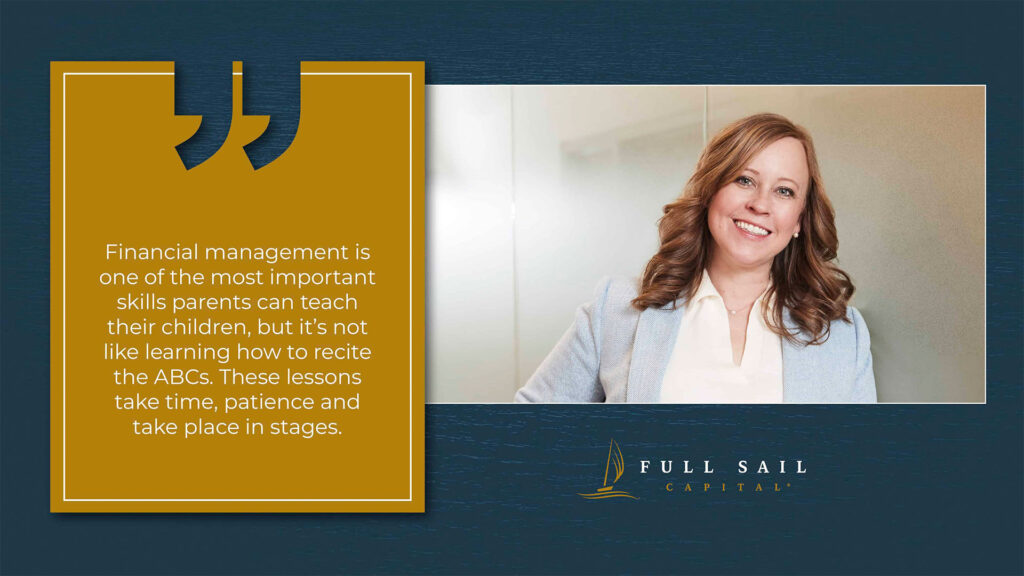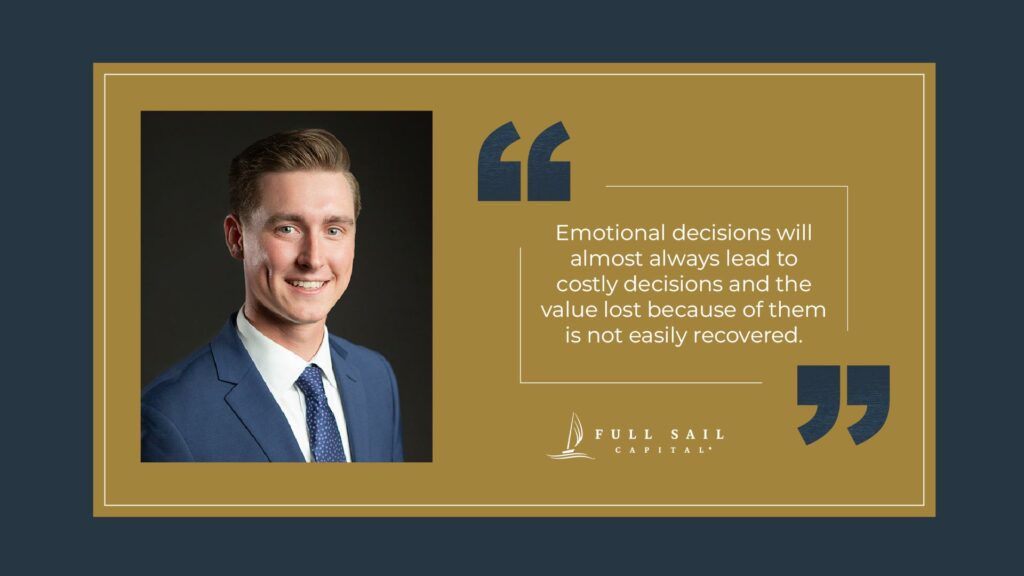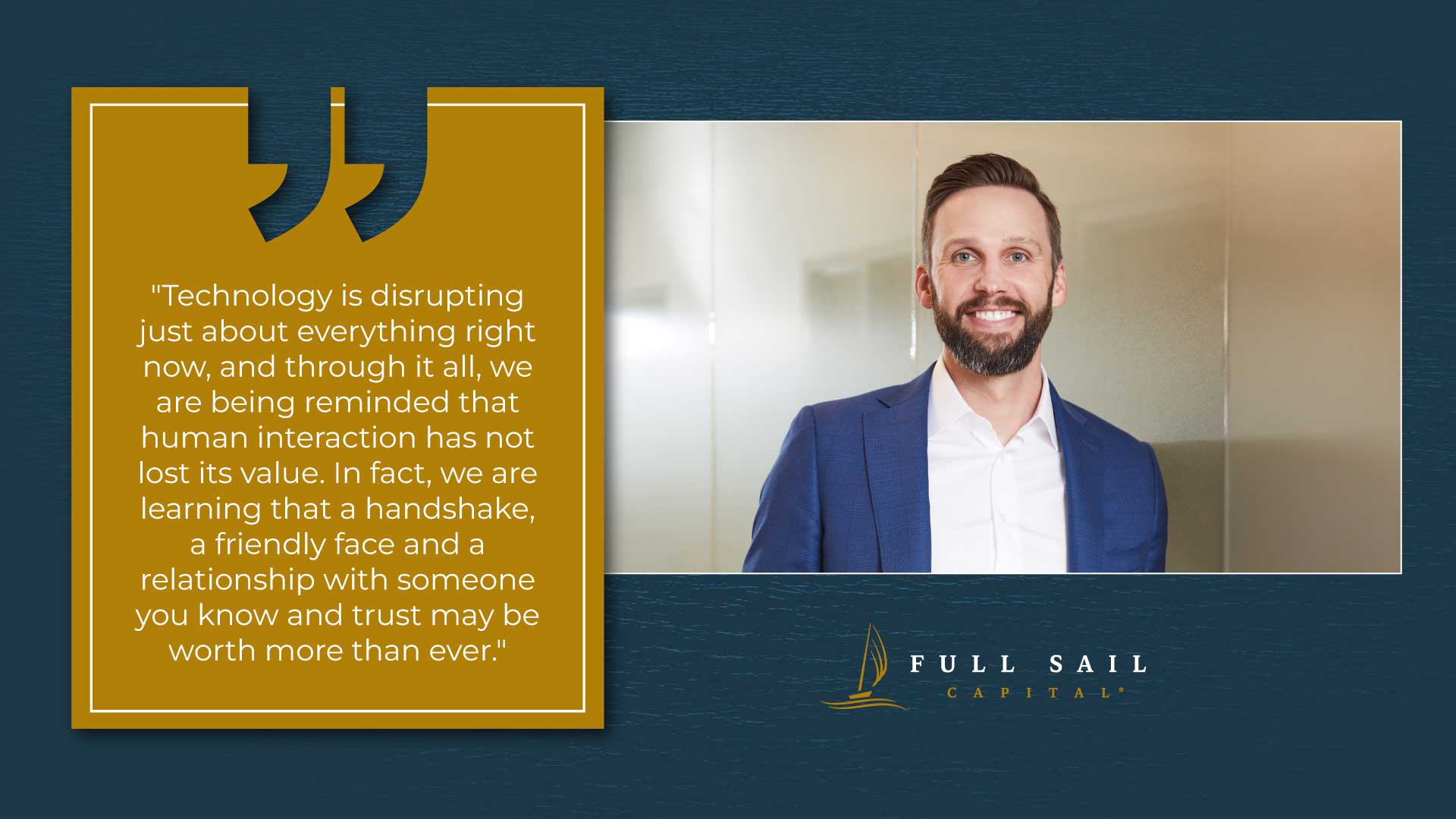There’s an old saying that a picture’s worth a thousand words. Whether you believe that or not, we have a bar chart in our office that has taken on particular importance in this time of political turmoil and market volatility.
With so many strong feelings about President Trump and his economic policies, it’s not surprising that some people are ready to leave the market altogether until another Democrat returns to the White House.
Of course, that’s not a new idea. People from both parties have felt that urge over the years. But it’s never a good idea to make investment decisions based on emotions or politics, and there is historical evidence to back that up.
A chart created by New York-based Ritholtz Wealth Management illustrates the point perfectly.
The bar graph shows three scenarios involving people who each had $1,000 to invest in the S&P 500, starting during the Eisenhour administration in 1953 through September 2024
The story starts with the first investor, who placed his money in the fund and walked away. He ended up watching his money grow to more than $1.75 million.
The second person would only participate in the market when a Republican was president, and they ended up with around $28,000. Meanwhile, the third person only invested when a Democrat was in the White House, and they finished slightly better with about $64,000.
Obviously, neither of those politically driven investors were very successful considering the success of the first approach: Just putting dollars to work in the market and leaving it there, regardless of the president.
There are a lot of people who want to mix politics with investing, and it goes both ways. Some people want to invest more aggressively because they’re feeling better about things with President Trump in office, and others want to completely bail out for the very same reason: Trump is in office.
There are plenty of good examples of people who either feel like the wheels are coming off or they’re buckled down even more because they just believe in Trump.
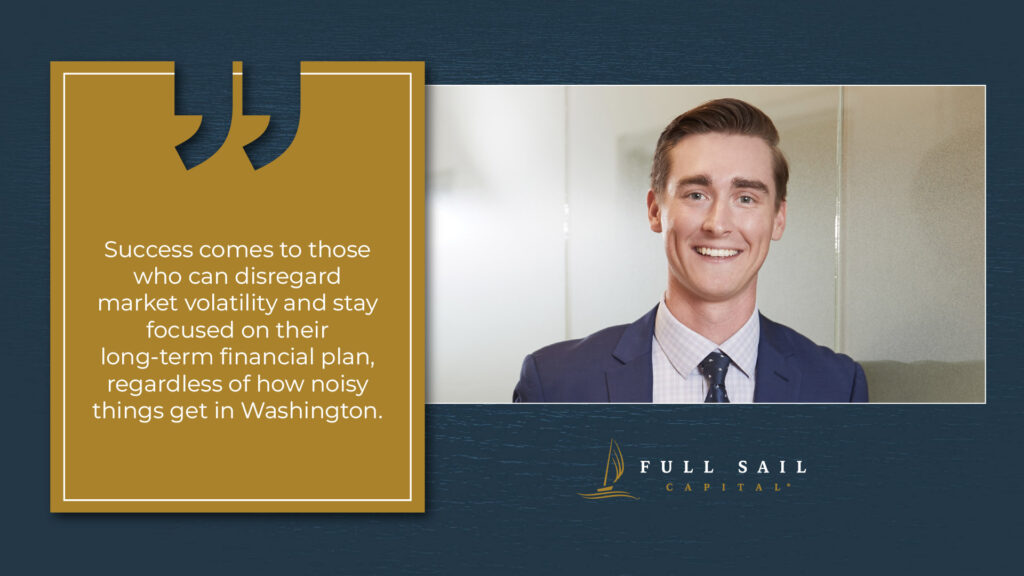
That’s why the chart is so helpful. Every now and then, it’s good to have an illustration as a reminder that when it comes to financial markets, it doesn’t really matter who is president. Success comes to those who can disregard market volatility and stay focused on their long-term financial plan, regardless of how noisy things get in Washington.
And remember, the equities that encompass the broader stock market are real companies with real people and real cash flows. Regardless of the policies put in place in the White House, companies are largely nimble, and work around hurdles over time to continue growing. That is the beauty of free market capitalism.
And that’s something investors can believe in, regardless of who they voted for at the ballot box.



